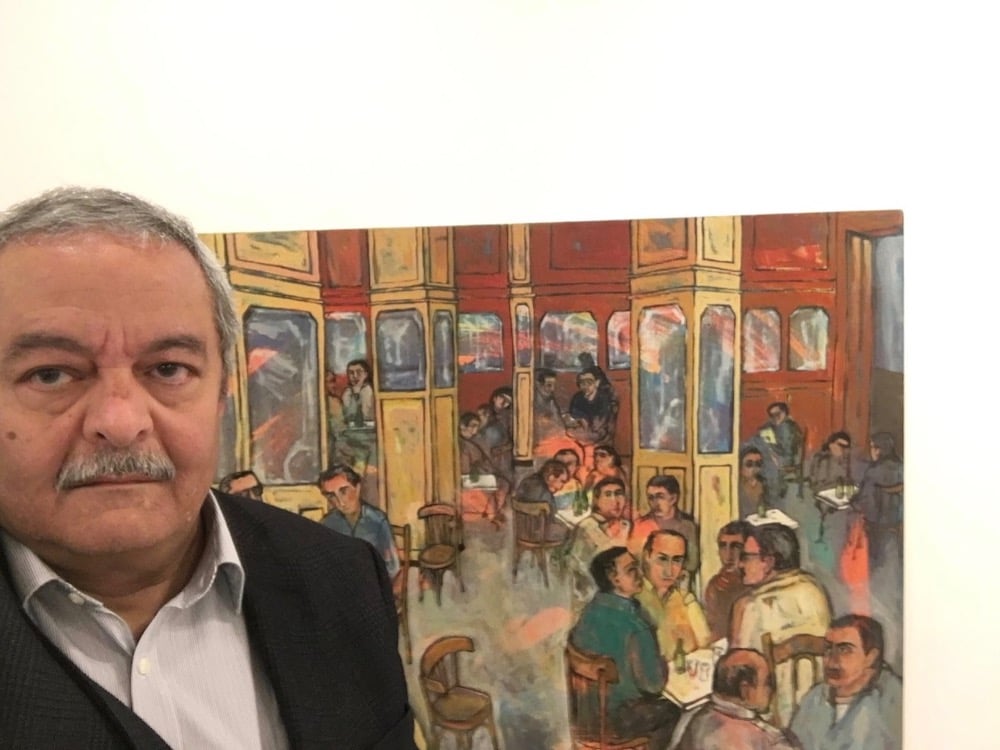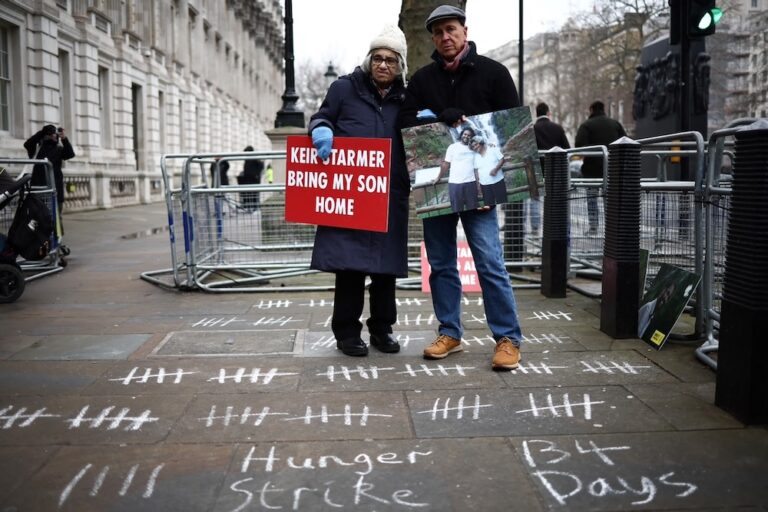Egyptian authorities clearly remain committed to their zero-tolerance policy towards dissent.
This statement was originally published on cihrs.org on 19 September 2023.
The undersigned human rights organizations condemn the sentencing of prominent dissident Hesham Kassem on 16 September to six months in prison and an EGP 20,000 fine, over trumped up slander and defamation charges. Kassem was detained on 20 August, a few weeks after cofounding the Free Current, a coalition of liberal political parties and figures. According to the Free Current, which announced the suspension of its political activity in protest of the conviction, Kassem was a potential candidate in the upcoming presidential elections.
Kassem’s sentence is part of yet another wave of repression that comes ahead of the upcoming presidential elections at the end of 2023, and amid a severe economic crisis. According to the Egyptian Initiative for Personal Rights, over the past three weeks, at least 35 volunteer members of potential presidential candidate Ahmed al-Tantawy’s campaign have been detained by National Security. Former spokesperson for the pro-democracy and labor rights 6th of April Youth Movement, Mohamed Adel, was sentenced by an Egyptian court on 2 September to four years in prison on bogus charges of disseminating fake news. Adel has been in pretrial detention since 2018 on three different cases and may not be released after serving the sentence on account of the two remaining cases. Egyptian authorities also continue targeting the families of dissidents living abroad, recently arresting the fathers of journalist Ahmed Gamal Ziada and activist Fajr al-Adly, who live in Belgium and Germany, respectively.
This continuous targeting of peaceful dissidents confirms that recent attempts by the Egyptian authorities to whitewash their human rights records, through initiatives like the National Dialogue, are a farce. Pressing human rights issues are excluded from discussion during National Dialogue sessions. The file of political prisoners and prisoners of conscience, and cases of arbitrary detention, forced disappearance, and torture, alongside widespread impunity for those who perpetrate such crimes are among the topics excluded from discussion during the dialogue. The exclusion of these vital issues from the dialogue are in line with the denial of these issues’ very existence by the Egyptian government and some of its supporters.
The dialogue’s organizers also intentionally removed some human rights interventions from the discussions, or restricted them. The speech of the executive director of the Association for Freedom of Thought and Expression (AFTE) was removed from the minutes of the Freedom of Opinion and Expression session, due to its criticism of the United Media Services Company, and its sources of funding and monopolistic practices. The company is one of the largest companies controlling Egypt’s media landscape; it is managed by the security services and those close to them. Mohamed Zahran, the founder of the Teachers’ Independence Movement and one of the participants in the dialogue, was detained on September 6 for his union activity but was released ten days later. Authorities also continue to detain members of political parties participating in the Dialogue, including at least two belonging to the Dostour party.
The ceaselessness of the Egyptian authorities’ decade-long oppressive practices in conjunction with the National Dialogue, refute any credibility of the dialogue and confirm its lack of seriousness. As concluded previously by the undersigned organizations, Egyptian authorities clearly remain committed to their zero-tolerance policy towards dissent, especially ahead of the presidential elections in order to ensure that President Abdelfattah al-Sisi faces no serious opposition.



